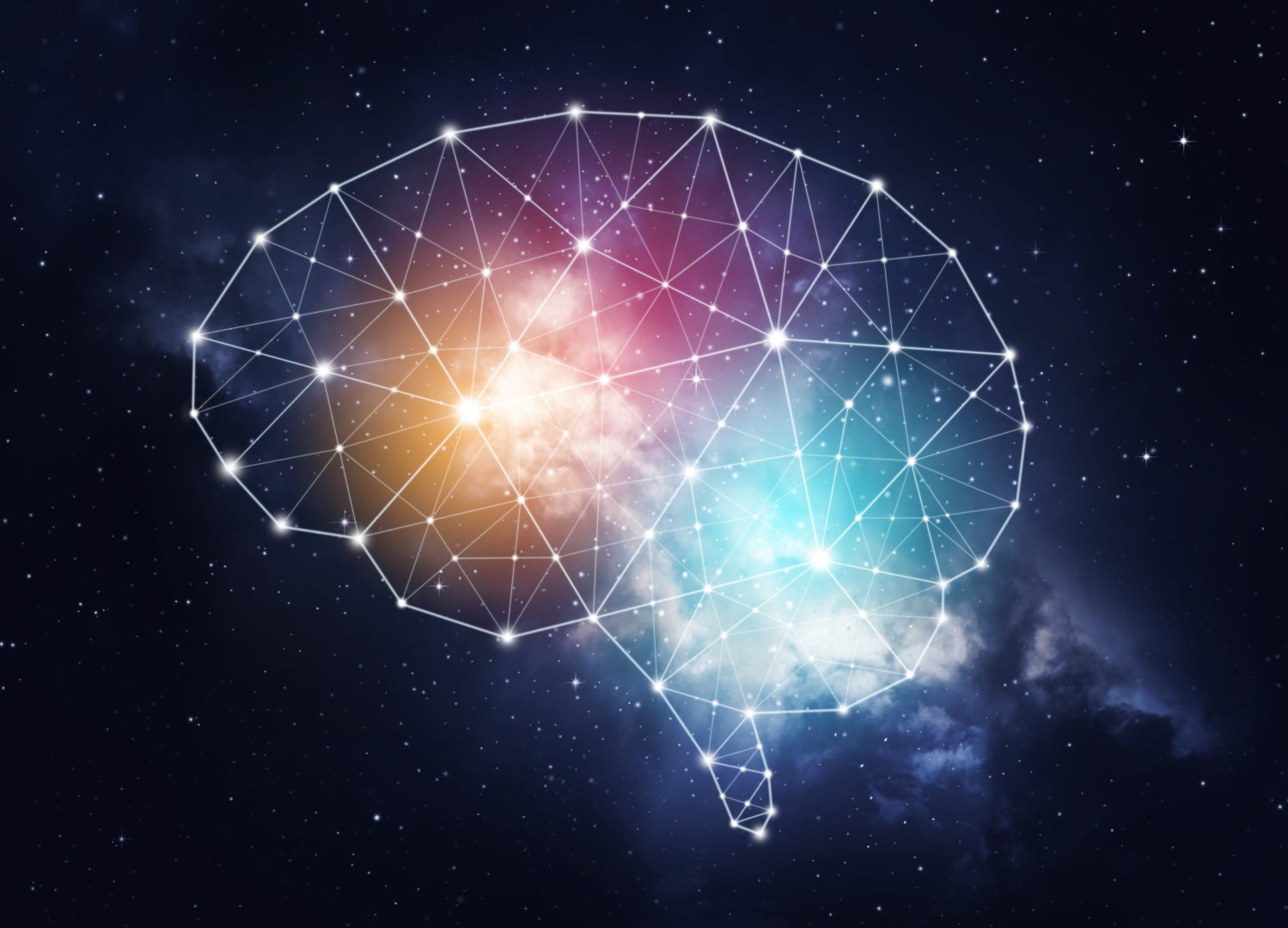Call for Proposals: Grants-in-Aid for Scientific Research-KAKENHI- for FY2024(Grant-in-Aid for Transformative Research Areas(A)(Publicly Offered Research))
1. Details of Research Area
Elucidating the computational principle of the brain and implementing it in artificial intelligence (AI) is the greatest frontier of natural and computational sciences. Although AI has achieved great success by gaining inspiration from neuroscience (e.g., feature extraction and reinforcement learning), a significant gap still exists between human intelligence and AI.
The brain constructs a ‘generative model’ that expresses the dynamics of external states to enable prediction and action to minimise future risks. The Bayesian brain hypothesis and the free-energy principle have been proposed to account for the perception, learning, and action of biological organisms. However, the neuronal bases underlying these theories are yet to be elucidated, given the difficulty in linking them with the corresponding biological phenomena. Recent developments in experimental techniques have enabled the identification of cell types and the acquisition of high-precision, large-scale data covering multiple layers and regions. Furthermore, reverse engineering of generative models has enabled the mapping of neural circuit quantities to quantities in generative models in a one-to-one manner. These developments have made it practical to identify generative models from experimental data, which will facilitate an understanding of the brain and mind.
Based on these progresses, this project aims to use state-of-the-art techniques to measure highly accurate, large-scale neuronal activity data from the brains of various animals and reverse engineer generative models from these data, to develop a unified theory of the brain and empirically test its validity. We will measure the neural activity related to the prediction of the external world and behaviour in various species—including fish, rodents, monkeys, and humans—and test whether generative models constructed from empirical data can predict brain activity, behaviour, and learning in animals. By integrating theoretical and experimental research, this project will develop a unified theory of the brain that can explain perceptual prediction and the planning and generation of behaviour in a unified manner, paving the way for the development of AI with human-like thinking and early diagnostic methods for psychiatric disorders.
2. Call for Proposals and Expectations for Publicly Offered Research, etc.
The principal investigators of the Planned Research are researchers in the fields of computational neuroscience, information theory, machine learning (Group A), and in neuroscience, neurophysiology, and psychiatry (Group B). However, to develop and verify a unified theory of prediction and action, it is necessary to combine innovative ideas from diverse perspectives with original techniques and theories in a complementary manner. Therefore, research proposals will be recruited from a wide range of fields. Emphasis will be placed on proposals that involve the necessary data science to link theory and experiments, and on the magnitude of the synergistic effect of collaborations between Publicly Offered and Planned Research. For example, we encourage applications from theoretical researchers who are willing to test their original theory empirically with data from the Planned Research, and experimental researchers who deal with functions and measurement scales that are not handled in the Planned Research or who have unique technologies for measuring and controlling biological targets narrowed down in Planned Research. We believe that Publicly Offered research conducted by multitalented researchers will play an extremely important role in the development of this research area. In particular, we expect active applications from young and female researchers with flexible and new perspectives. Research proposals of up to JPY 10, 5, and 3 million per year are invited.
C01: Theoretical research on unified theory—We invite proposals that will lead to the construction of a unified theory of the brain, proposals for theories with an original perspective targeting specific brain functions related to prediction and action, and proposals that will test theories by analysing data measured by the Planned Research and utilizing existing databases. We also emphasise AI applications and invite proposals that include ideas that could lead to the development of next-generation AI; for example, implementing energy-efficient computation using spiking neural networks.
C02: Experimental research on unification theory—We invite proposals with highly original measurement techniques and analysis methods to acquire highly accurate, large-scale neural activity in the brain related to prediction and behaviour in animals or humans. A specialised biological background is not a requirement for applicants. Proposals involving a variety of animal species will be obtained. Proposals focusing on the control and manipulation of biological information to verify theoretical predictions by examining causal relationships will also be invited.
3. Research Group, Upper Limit of Annual Budget and Number of research projects scheduled to be selected
| Research Group Number | Research Group | Upper Limit of Annual Budget (Million yen) |
Number of research projects scheduled to be selected |
|
C01 C02 |
Theoretical research on unified theory Experimental research on unified theory |
10 5 3 |
4 7 5 |
4. Application procedures
Details of the application procedures can be found in the following URL:
